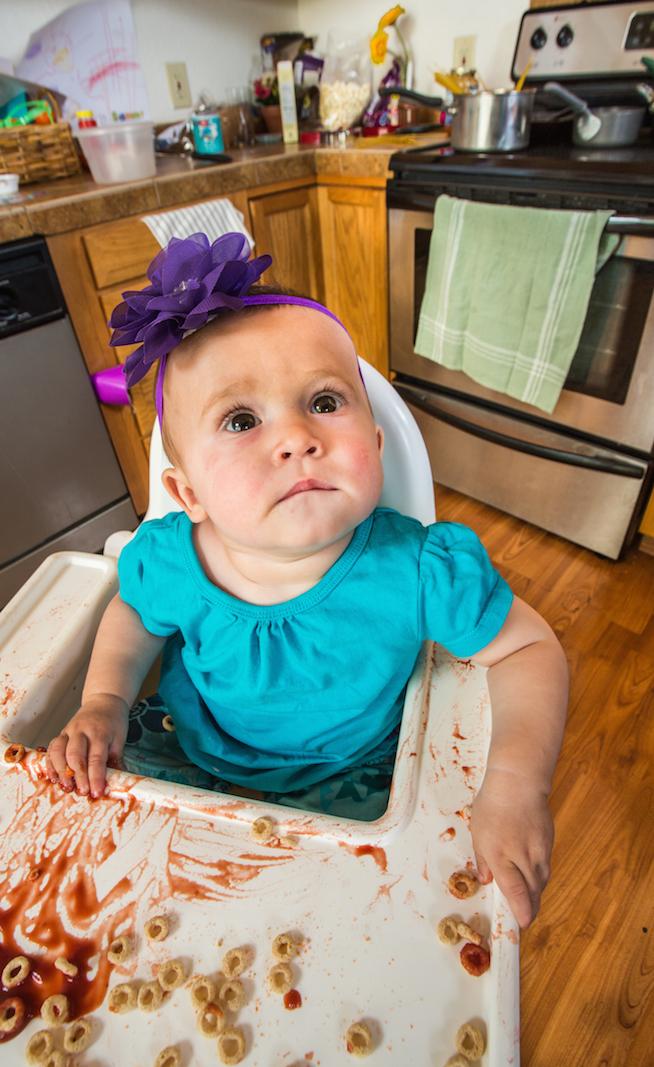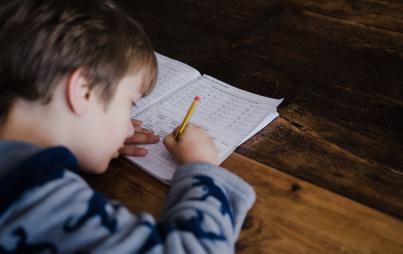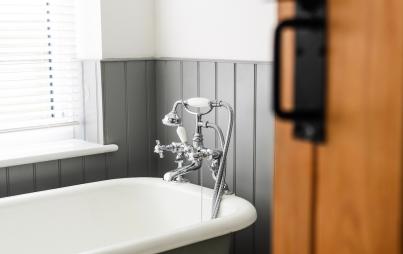
Wuh-oh.
Trying to find a movie or show for my daughter to watch where a woman or girl plays the lead and is not a passive sidekick who is not wearing enough clothing is like trying to find gold by a river.
My daughter is 2, and she's a beautiful and incredible spirit. I admire her ability to scream her needs to me and throw food on the floor, like a spoiled queen, when she doesn’t like it. Just today I gave her a plate of chickpeas and (to my shame) a carrot, broccoli, and celery were mixed in with it. When seeing them, she picked them out, one at a time, and threw them on the floor while saying, “Ew! Ew! Ew!” It’s my goal, as her mother, to guide her into civilized behavior while doing my best not to squash her spirited nature.
I'm aware of what she's up against in this world. As a woman, I know what it's like to be left out, because I'm a girl, too. I know the awkwardness of trying to be someone I’m not, someone more socially acceptable among the men of my time, like Pamela Anderson’s character from the television show Baywatch. Years of conditioning from seeing women play sexualized roles and homemakers on television and women in my family doing it, ensured my confusing and uncomfortable journey in learning through trial and error who I am as a person (and in vain, who I am not) and shaking off ideas of gender stereotypes, like the ones that say boys don’t cry or make dinner.
I know I have my work cut out for me in helping my daughter understand the courage and confidence she is going to need to be assertive and fair in her life, not only to accomplish her hopes and dreams, but also to have safe, healthy and connected relationships. To help me — and help my daughter — my partner and I are adopting a democratic approach to parenting, while paying attention to what we teach her about gender and gender roles.
According to experts there are three types of parenting models: authoritarian, permissive, and democratic. Many of us grew up in families where our caregivers went back and forth between authoritarian and permissive. Authoritarian parenting includes rigid rules and expectations, and it may have included methods of punishment like spanking or isolation. The focus of authoritarian parenting is instilling fear in a child so they follow the rules and do what they are told, without consideration of the child’s feelings or intentions behind certain behaviors or their stage of development. I think when we use authoritarian parenting we are missing out on understanding our kids, and as a result they feel lonely and disconnected within the family unit. They feel less than others, lack a good sense of self, and feel like they can’t speak their mind. They can grow up angry and take it out into the world.
Spoiling becomes an issue with permissive/indulgent parenting, especially when the child is clearly putting the caregiver out with their demands. Permissive parenting doesn’t take into consideration the needs of the parents, and when individual needs are not taken care of, a trickle-down effect of negative emotions, like resentment, can take place. Permissive parenting can also flip and become authoritarian parenting. This is why, when it’s time for me to have some space or privacy (like taking a bath or going to the bathroom), I take it without guilt!
Democratic parenting teaches children how to fully function and work with others in our society, by first learning how to work together in a family unit. So far, for me, democratic parenting feels like the most dignified way to work with my daughter, because it considers everyone’s needs and encourages empathetic communication. With this, kids and parents feel heard, validated, and connected, while making sense of bad decisions, accidents, or mistakes. It helps to keep both parent and child connected during the discipline process, and includes the child when coming up with solutions to a problem. So far, from my experience, using this approach can make you feel like you’re doing a good job at what feels like an impossible one.
When it comes to gender roles, the media and toys are where I struggle to find balance. Trying to find a movie or show for my daughter to watch where a woman or girl plays the lead and not a passive sidekick who is not wearing enough clothing is like trying to find gold by a river. Day-to-day household chores are split between my partner and me, and my daughter helps when she can. It's a time-consuming practice, but it's worth its weight in gold, as she grows to realize everyone does what they can to help.
My hope is, by growing up in an environment where respect and compassion are valued and encouraged, my daughter will take it out into the world and treat others in this way. Because she was encouraged to speak her mind, my hope is, she will not be afraid to do so in the real world. Part of my commitment as a mom is learning how instill a good sense of self-worth in my daughter, in hopes she grows to have a good quality of life. That, or she’ll rebel entirely, and live in some underground tunnel like in Demolition Man, with a group of social misfits who do not want to evolve at all, all just to spite me (I do have to get through the teen age years after all). Just between us, I’m not looking forward to the princess phase, either.







